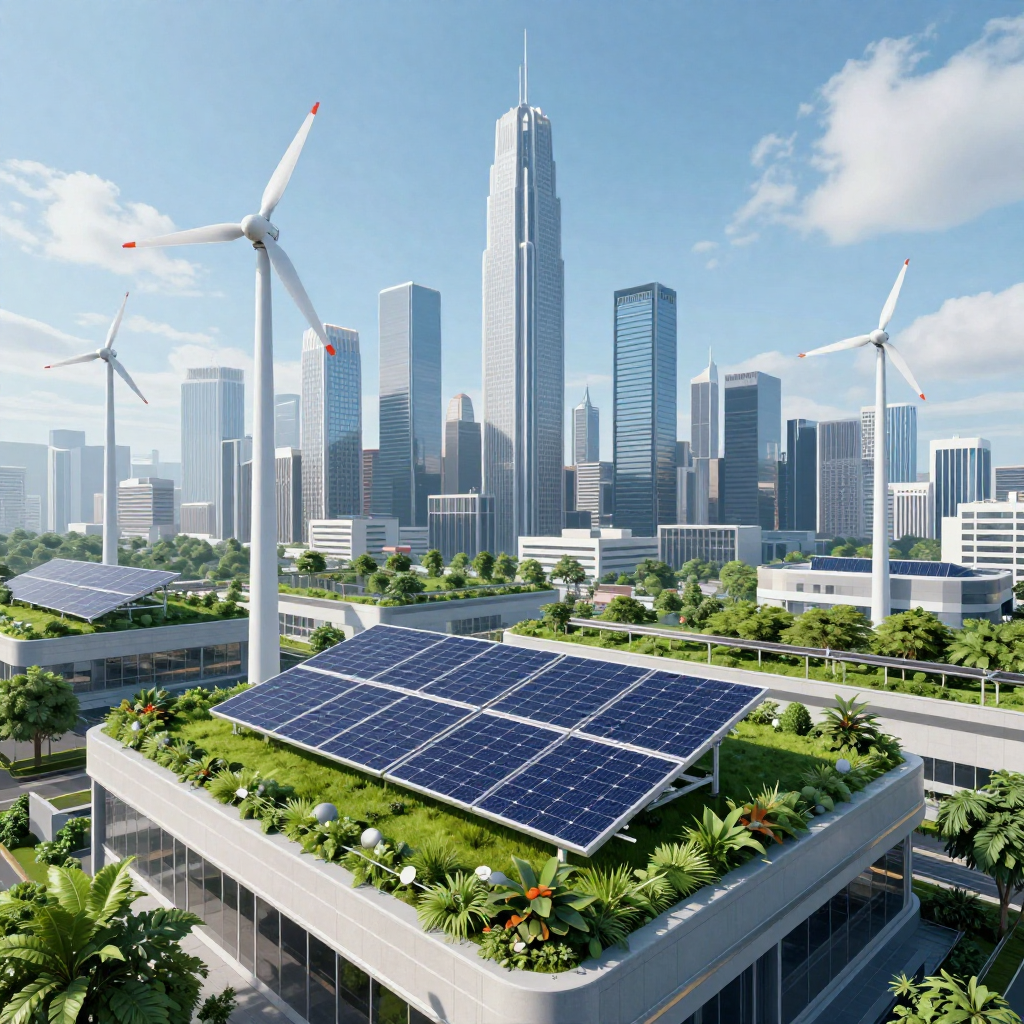Introduction
Kineco Limited started as a small composite manufacturing company in Goa in 1995. Initially, it made simple products like chemical tanks and industrial containers. But over time, it moved into high-technology areas like defence, aerospace, and railways.
What changed everything was when Kineco partnered with large Indian and foreign companies through joint ventures (JVs). These partnerships helped Kineco gain new technology, adopt global best practices, and build world-class products.
What is Composite Manufacturing?
In simple terms, composite manufacturing means making products using a combination of strong and lightweight materials like carbon fiber and fiberglass. These materials are:
-
Stronger than steel but much lighter
-
Used where performance, safety, and weight matter the most — like in aircraft, fighter jets, metro trains, and even defence equipment.
Examples:
A) Kineco's Business Model: Four Key Segments
1. Railways Division – High Volume, Lower Margins
-
What it makes: Interior panels, toilet modules, and driver cabins for trains
-
Where it's used: Metro trains, Indian Railways, and Vande Bharat trains
-
Why it matters: These parts are lighter, rust-free, and easier to maintain
2. Defence Division – High Margin, Strategic Importance
-
What it makes for Navy: Sonar domes (a dome fitted under warships that helps detect submarines underwater)
-
For Air Force: Radomes (protect radar on fighter jets without affecting performance)
-
For Army: Lightweight carbon-fiber bridges — foldable, portable bridges that can be deployed in warzones
Kineco has played a key role in India’s ‘Make in India’ defence mission through DRDO collaborations — delivering projects like the Indigenous Sonar Dome, carbon fiber heliportable bridges, composite radomes for AEWACS aircraft, and submarine model fabrication.
3. Aerospace Division – Global Exposure ( Only company in India having partnership with Global aerospace players for aerospace composite manufacturing )
-
What it makes for Airbus & Boeing: Aircraft fuselage panels, wing assemblies, fairings (covers for joints), and cabin interiors. Kineco’s joint venture has built a strong brand image, enabling it to supply critical composite parts and sub-assemblies to global aerospace giants like Boeing and Airbus.
-
How it's supplied: Through Tier-1 vendors — Kineco does precision work and Tier-1 vendors integrate and ship to Airbus/Boeing
4. Industrial Division – Original Business
-
What it makes: FRP (fiber-reinforced plastic) tanks and pressure vessels for chemical industries
-
JV with Exel Composites: Supplies composite profiles for renewable and infrastructure sectors
-
New Addition: Pultrusion Business (Part of Industrial Division)
-
Started in 2015 with CommScope as anchor client
-
First product: Thin-walled radomes for mobile tower antennas
-
Later added telecom composite smart poles for fixed-line broadband — Reliance Jio placed order for 25,000 poles
-
In 2021, entered JV with Exel Composites (Finland) — the world’s largest in pultruded composites
-
JV named Kineco Exel Composites India Pvt Ltd, based in Goa, servicing telecom, infra, and utility sectors
B) Timeline of Key JVs and How They Helped Kineco Grow
| Year |
JV/Change |
Purpose & Learning Outcome |
| 2005 |
JV with Kaman Aerospace (USA) |
Helped Kineco enter aerospace; learned global standards in quality and precision machining |
| 2011 |
JV with Exel Composites (Finland) |
Introduced advanced pultrusion technology; allowed entry into infrastructure and renewable segments |
| 2013 |
JV with Alta (now 89.66% stake) |
Focused on railway interiors; gave volume business and steady cash flows |
| 2024 |
Acquired full stake in Kineco Kaman |
Gained complete control of aerospace operations and moved up the value chain |
Summary: These JVs acted like finishing schools for Kineco. From each partner, the company picked up specific technical know-how and global practices, which it later scaled independently. This collaborative learning helped Kineco move from basic tank manufacturing to supplying parts for fighter jets and commercial aircraft.
C) Financial Snapshot
| Metric |
FY2024 |
FY2023 |
| Revenue (₹ Cr) |
175 |
167 |
| Profit After Tax |
8 Cr |
-8.5 Cr |
| EBITDA Margin (%) |
15.4% |
3.6% |
| EPS (₹) |
12.78 |
-13.58 |
Insight: Defence and aerospace now contribute to most of the profits. Railways bring consistent cash flow.
D) Key Insights from Defence & Aerospace Conference 2025
-
Kineco is one of India's top composite manufacturing companies.
-
Airbus & Boeing are increasing orders through their Tier-1 suppliers who work with Kineco.
-
China is a competitor in exports, but India offers higher-quality materials.
-
Global composite manufacturing market is expected to touch $3 billion by 2030.
-
Carbon fiber remains a critical imported input, especially for aerospace.
-
Kineco supplies parts to Vande Bharat (7% market share) and Tejas aircraft (45% carbon composite used).
-
₹3,000 Cr order book in next 5 years and ₹4,000 Cr revenue guidance over next 5 years.
E) Why Kineco Has Strong Future Potential
-
Strong Defence Pipeline: Long-term, high-value contracts with Indian defence sector
-
Entry Into Global Aerospace Supply Chain: Makes Kineco globally competitive
-
Export Opportunity: Growing demand in infrastructure and renewables globally
-
IPO Ready: Clean structure, high promoter holding, visible order book
-
Backed by Policy: "Make in India" and "Atmanirbhar Bharat" support local sourcing — Kineco benefits directly
Conclusion: In Simple Terms
Kineco began its journey by making basic industrial products like tanks. But through smart partnerships with global companies, it upgraded its technology and entered high-growth sectors like defence and aerospace.
Today, it supplies to major Indian government projects like Vande Bharat trains and Tejas aircraft. It also supports global giants like Airbus and Boeing. The company expect a ₹3,000 Cr+ order book and expects ₹4,000 Cr+ in revenue in the next five years.
As India focuses more on defence and aerospace self-reliance, companies like Kineco stand to gain massively. If it comes with an IPO in the future, it could be a valuable opportunity for early investors.
📞 Want to invest in Kineco’s unlisted shares before the IPO? Explore more: UnlistedZone Kineco Page




